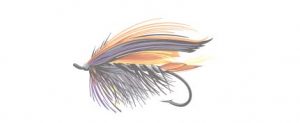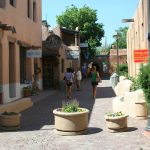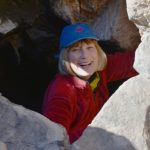 Troy Smith is one of the most fascinating guides I have met on this journey. Troy, a native of New Mexico but the head fishing guide at Conejos River Outfitters in Antonito, CO is also one of five trappers in the state of New Mexico.
Troy Smith is one of the most fascinating guides I have met on this journey. Troy, a native of New Mexico but the head fishing guide at Conejos River Outfitters in Antonito, CO is also one of five trappers in the state of New Mexico.
When I first asked him what he did during the winter, his answer was a rather vague, ” Oh, I get around a lot.” Troy was unsure as to how I would respond to his being a trapper, and the short answer to that was ‘fascinated’. Fascinated because I didn’t realize that trapping still occurred, and I really didn’t know anything about it.
I have regularly heard about how traps break bones on animals legs and leave them to die in the wilderness. This is the farthest thing from the truth in the case of Troy. First of all, his traps do not have sharp metal teeth that break the animal’s leg; they are coil-spring, steel footholds meaning they restrain the animal but do not hurt it.
The most important question here is why? Why do you trap? Troy works closely with the Fish and Wildlife organization in NM to ensure that the animals in the wilderness are kept in balance serving the long term health of their population. As Troy said, “Mother Nature can be a lot more cruel than any human being, if things get out of wack.” Think in terms of deer starving in the winter due to overpopulation. There is a reason for hunting and trapping.
Troy is up in the high country almost every day – winter, spring, summer and fall. He has an understanding and awareness of his surroundings that is obvious. I have never felt safer anywhere – city or mountains – than I did with Troy. This is a man who’s had over 50 bear encounters including one where he was charged and knocked off his feet, but not otherwise harmed. Troy said it felt like he had been hit by a 2 x 4.
As a librarian and information person, I have learned over and over again to listen to all sides of a story and this encounter just reiterated that stance. That said, I want to also emphasize the important work that the Animal Rights organizations do for the health and well-being of the other creatures with whom we share this planet.
It is dangerous for me to write such a short post about such a complicated and important topic, but I did want to share the seedlings of a topic I intend to research more in depth.
For the most part, don’t we all try to do what we see as the best we can most of the time?





